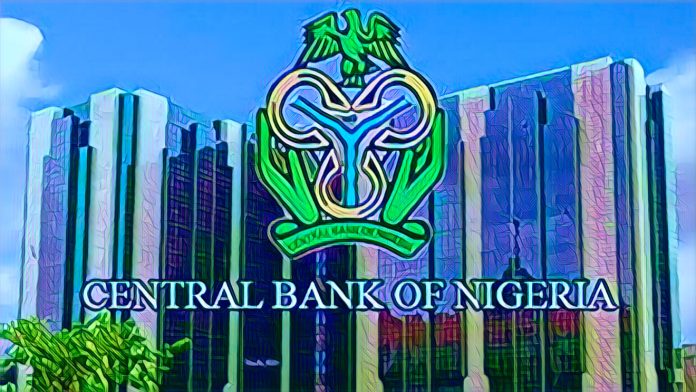KEY POINTS
-
CBN released $1.25 billion for fuel imports in Q1 2025.
-
Marketers imported 69 percent of petrol consumed in the period.
-
Jet fuel and petrol pricing still drive intense competition in the sector.
The Central Bank of Nigeria has released $1.25 billion to oil sector players for the importation of petroleum products and related items.
The disbursement, made during the first three months of 2025, comes amid rising competition between fuel importers and the Dangote Refinery, which has been ramping up local production.
CBN fuel import forex drives market balance
Data from the Nigerian Midstream and Downstream Petroleum Regulatory Authority revealed that petroleum marketers imported 69 percent of the 21 billion litres of petrol consumed in Nigeria between August 2024 and early October 2025. Despite higher output from the Dangote Refinery, the first quarter of 2025 still recorded 2.28 billion litres of imported petrol.
Fuel imports remain one of the largest drains on Nigeria’s foreign exchange, directly affecting the naira and the nation’s reserves. The figures reflect a gradual shift toward domestic refining and blending, marking one of the lowest quarterly import volumes in recent years.
A review of the CBN’s statistical bulletin for Q1 2025 showed the apex bank released $457.83 million in January, $283.54 million in February, and $517.55 million in March. March accounted for 41.3 percent of the total forex disbursement for the quarter. Corresponding import data indicated 724.5 million litres in January, 760 million litres in February, and 803.7 million litres in March.
Dangote refinery faces pricing test
Competition between the Dangote Petroleum Refinery and importing marketers has intensified as each side fights for market share. While some marketers continue to import fuel, the refinery has expanded exports, including shipments to the United States. Despite its 650,000-barrel-per-day capacity, pricing remains the biggest factor influencing marketers’ choices.
Accoridng to Punch, Independent Petroleum Marketers Association of Nigeria spokesperson, Chinedu Ukadike, said operators will always buy from the lowest-cost source. “In this business, pricing is everything,” he said. “If imported products are cheaper, we have no choice but to buy them. But if Dangote offers a better price, we’ll buy locally.”
Ukadike noted that the gap between import and local refinery prices fluctuates with global oil trends, exchange rates, and government policies. The latest Energy Bulletin from the Major Energies Marketers Association of Nigeria reported that the import parity price of petrol had dropped to N805.46 per litre, reflecting the influence of exchange rate pressure on CBN fuel import forex dynamics.



